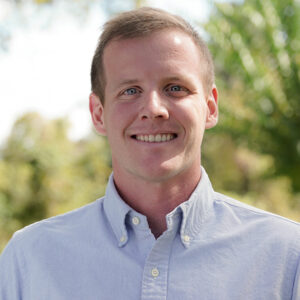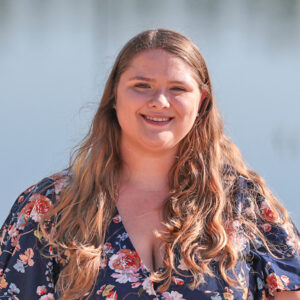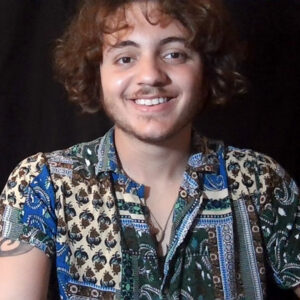Three students at Florida universities have been named recipients of scholarships from the Aylesworth Foundation for the Advancement of Marine Sciences.
The winners are Derek Chamberlin, a PhD candidate at the University of Florida; Ashley Reaume, a PhD candidate at University of Central Florida; and Owen Silvera, a master’s student at Florida Atlantic University.
Since 1986, the Aylesworth Scholarship has supported students pursuing college degrees in disciplines that have direct application to marine science. The scholarship is a joint effort of the Aylesworth Foundation for the Advancement of Marine Science, the Southeastern Fisheries Association and Florida Sea Grant.
The Aylesworth Foundation for the Advancement of Marine Sciences was established by Ralph and Kitty Aylesworth, founders of Aylesworth’s Fish & Bait, Inc., an international fishing bait distributor located in St. Petersburg, Fla. The foundation works to promote the advancement of scientific knowledge in marine-related areas to develop, use and manage renewable marine resources on a long-term basis.
“Working with the Aylesworth Foundation contributes to Florida Sea Grant’s mandate to support coastal workforce development,” notes Sherry Larkin, Florida Sea Grant director. “Aylesworth Scholars frequently go on to positions in coastal research and management.”
Florida Sea Grant manages scholarship applications and funding distribution for the award coming from the Aylesworth Foundation. More than $762,000 in Aylesworth Scholarships have been awarded to 132 students in 14 Florida universities since the program began. More information about this year’s recipients follows.
 Derek Chamberlin is a PhD candidate in fisheries and aquatic sciences at the University of Florida. He is studying the development and implementation of novel age validation tools in fisheries science.
Derek Chamberlin is a PhD candidate in fisheries and aquatic sciences at the University of Florida. He is studying the development and implementation of novel age validation tools in fisheries science.
“Age is a fundamental parameter in population ecology, and the sustainable management of fisheries relies on accurate age estimation,” notes Chamberlin, who is passionate about reducing the scientific uncertainty of fisheries management and improving the collection and use of data that informs fisheries stock assessments. Currently, his lab is developing a new tool using amino acid racemization as a technique to validate fish age estimates. “It is exciting to open a new area of research and to be at the forefront of developing amino acid racemization.”
 Ashley Reaume is a PhD candidate in integrative biology at the University of Central Florida. Reaume is a researcher in the Gaither Marine Molecular Ecology and Evolution Laboratory within the UCF Department of Biology, where she is passionate about applied science and using research as a tool to make a direct impact on marine conservation.
Ashley Reaume is a PhD candidate in integrative biology at the University of Central Florida. Reaume is a researcher in the Gaither Marine Molecular Ecology and Evolution Laboratory within the UCF Department of Biology, where she is passionate about applied science and using research as a tool to make a direct impact on marine conservation.
“My research interests lie in molecular ecology, where small-scale molecular tools can be used to answer large-scale questions about ecosystem functioning and health,” notes Reaume, whose current dissertation research focuses on estuarine plankton communities and using DNA metabarcoding tools to better understand their relationship to water quality. As a part of her research, Ashley is working directly with the Guana Tolomato Matanzas National Estuarine Research Reserve (GTMNERR) to conduct research that is meaningful to current conservation activities.
 Owen Silvera is pursuing a master’s degree in marine science and oceanography at Florida Atlantic University. Silvera is a researcher in the Geochemical Sensing Laboratory where he investigates working solutions for environmental problems like harmful algal blooms.
Owen Silvera is pursuing a master’s degree in marine science and oceanography at Florida Atlantic University. Silvera is a researcher in the Geochemical Sensing Laboratory where he investigates working solutions for environmental problems like harmful algal blooms.
“My interest in environmental marine science is driven by the passion to understand the world around me,” notes Silvera, who hopes to use his increased understanding of marine systems to pose viable solutions. “Rather than just long-term monitoring of parameters like pH, we can provide suggestions on how to buffer seasonal and annual changes by identifying the root cause using hard geochemistry that pinpoints analytes that cause dips in pH during the wet season.”
To learn more about the Aylesworth Scholarship and other student opportunities offered by Florida Sea Grant, visit: https://www.flseagrant.org/student-opportunities/.